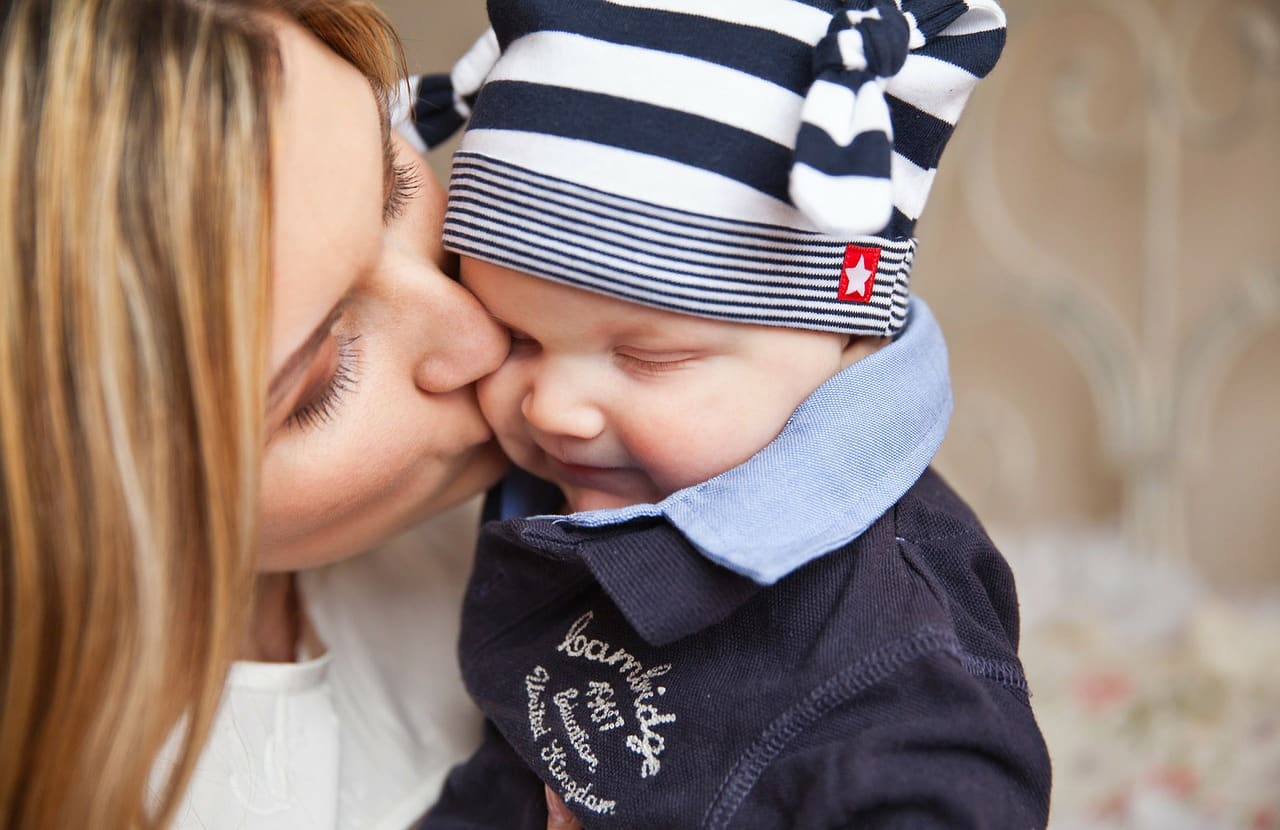Caring for Baby’s First Teeth
Your little bundle of joy didn’t come packaged with instructions, and many new parents may feel overwhelmed with making sure they’re taking proper care of their child at every stage of life. Managing your child’s oral health is very important, but luckily, it’s not difficult. Read on to learn more about baby dental care!
When to start brushing baby gums
Oral care for your baby doesn’t begin when he or she sprouts the first tooth, but at birth. Starting from infancy, you can clean your child’s gums with a moistened washcloth, a piece of gauze, or a specially designed rubber thimble-like device. Gently wipe down the gums after mealtimes and before bedtime — try and do it at least twice a day.
Though this “tooth brushing” may seem pointless without any teeth to clean, it’s actually very important to prevent bacteria from sticking to the gums. Allowing too much bacteria to accumulate on Baby’s gums can damage your little one’s teeth as they’re growing in.
Baby tooth brushing
Don’t wait for the majority of your child’s teeth to come in before your infant dental care regimen starts. Though baby teeth will fall out eventually, it’s still very important to take care of them. Your child’s first set of teeth help him or her chew and speak; they also set the spacing for where the permanent teeth will grow in. If serious problems with your child’s baby teeth or gums are allowed to develop, it will impact the health of the permanent teeth.
So how do you practice the best baby oral care? You’ll need a baby toothbrush! Look for a model with a long handle, a small head and super-soft bristles that will be gentle on your little one’s sensitive gums. If you’re having trouble choosing one, ask your dentist about the best baby toothbrush.
Using a small amount of cavity-fighting fluoride toothpaste is encouraged and is safe for babies of any age. Begin with an amount the size of a grain of rice to clean your tot’s first teeth (and don’t worry if your child ends up swallowing any of it, an amount this small will not be harmful), then gradually build up to a pea-sized drop by the time your toddler reaches age 3. Using the toothpaste, gently brush all around your baby’s teeth.
Transitioning to self brushing
Brushing infant teeth is a job for mom and dad, but by the time the toddler stage rolls around, your child is ready to take over. Around age one, you can start showing Baby how to spit after brushing. When your child is old enough to hold the brush, let him practice brushing on his own — just be sure to supervise and make sure nothing gets missed.
When to visit the dentist
About six months after the first tooth appears, it’s time to schedule your first visit to the dentist. An appointment with the dentist for babies is as much about building familiarity and comfort with the experience as it is about your little one’s dental care. If your child is accustomed to visiting the dentist from a very young age, it’s much less likely that he or she will develop anxiety about it later on in life.
Learn more about pediatric dental care and our pediatric dental emergency care services.

